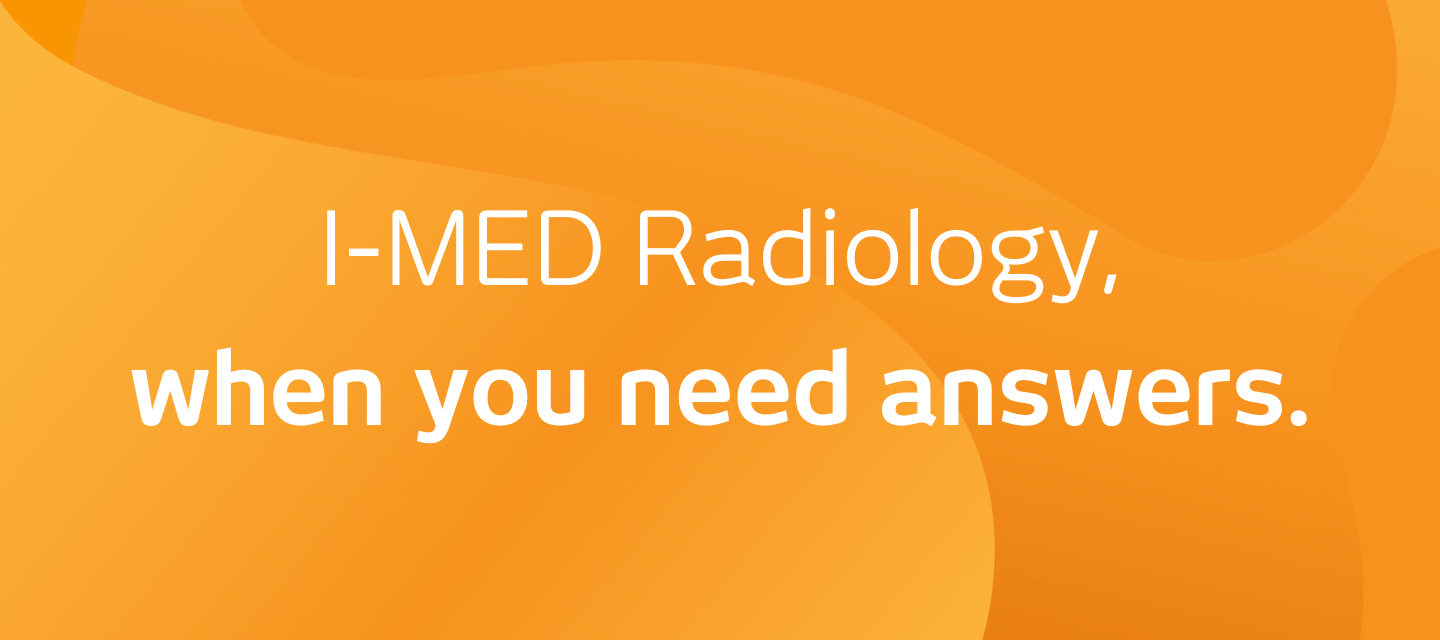

Myocardial perfusion scan
Myocardial perfusion scan

What is a myocardial perfusion scan?
A myocardial perfusion scan allows us to visualise the perfusion (blood flow) to the heart muscle through your coronary arteries. In order to complete the test, we obtain an image of this blood flow under both “rest” and “stress” conditions. This helps determine whether your heart muscle is receiving adequate blood flow when it is needed. The difference in the blood flow between these two states provides information about the function of the coronary arteries.
What happens during a myocardial perfusion scan? keyboard_arrow_down
To allow us to visualise blood flow, we inject a radioactive material called a radiopharmaceutical into a vein and then image its distribution throughout the heart muscle. This radiopharmaceutical should not have any side effects and you should feel normal following the injection.
This examination can take approximately 4-5 hours. As much of this time is spent in the waiting room, patients are advised to bring reading materials or other appropriate activities to keep themselves occupied during the non-examination time.
When you arrive for your examination, you can expect the following procedures to occur as part of your examination:
- A cannula will be inserted into a vein in your arm. All medications administered throughout the examination will be delivered via this cannula.
- The first injection of pharmaceutical will be for the ‘rest’ scan. Following this injection you will be required to wait for a minimum of one hour.
- Following this, you will then have your first set of images taken. This will take approximately 20 minutes.
- You will then undergo a stress test with the nuclear medicine physician. The stress test may be conducted either on an exercise bike or via a medication which simulates the effects of exercise on the heart. The decision on which method is used depends on a number of factors, and is ultimately made by the nuclear medicine physician performing your test. At the completion of this test you will be given another injection of radiopharmaceutical for the “stress” scan.
- Following the stress test, you will be required to wait a minimum of one hour. During this time you will be allowed to have something to eat and drink. We suggest you bring a light snack with you as you are required to remain within the clinic at all times during this examination.
- You will then have your second and final set of images which will take approximately 20 minutes.
How do I prepare for a myocardial perfusion scan? keyboard_arrow_down
To obtain the highest quality test, patients need to follow strict examination preparation procedures:
- Do not eat for a minimum of six hours prior to your appointment. You are allowed to drink fluid during this time. Water and fruit juice are recommended. The easiest way to do this is to simply skip breakfast on the morning of your test. If you are a diabetic you may have a light breakfast and take any required diabetic medications. If you normally use a blood sugar monitor, please bring it with you so you can monitor yourself throughout the day if necessary.
- Do not have any caffeine for 24 hours prior to your appointment. This includes ALL tea, coffee, chocolate, cocoa products, cola drinks, chocolate drinks and energy drinks. Decaffeinated and herbal tea and coffee should also be avoided as they may still contain some caffeine.
- Do not take blood pressure or cardiac medications for 24 hours prior to your appointment (this includes ACE inhibitors, calcium channel blockers, beta blockers and nitrates). If you are unsure which medications should be stopped, please speak to your doctor or pharmacist. If you are concerned about ceasing any medications please speak to your doctor.
How do I get my results? keyboard_arrow_down
Your doctor will receive a written report on your test as soon as is practicable.
It is very important that you discuss the results with the doctor who referred you so they can explain what the results mean for you.
Most results are normal. Occasionally, small changes are seen that need further review.
If your results are normal you will be able to return for routine screening (usually every 2 years). If your results are uncertain or show changes you may need to consider additional imaging (diagnostic mammogram, ultrasound, or biopsy) in discussion with your referring doctor.

This information has been reviewed and approved by Dr Ronald Shnier (I-MED Chief Medical Officer).
Related articles


This information has been reviewed and approved by Dr Ronald Shnier (I-MED Chief Medical Officer).
Related articles

